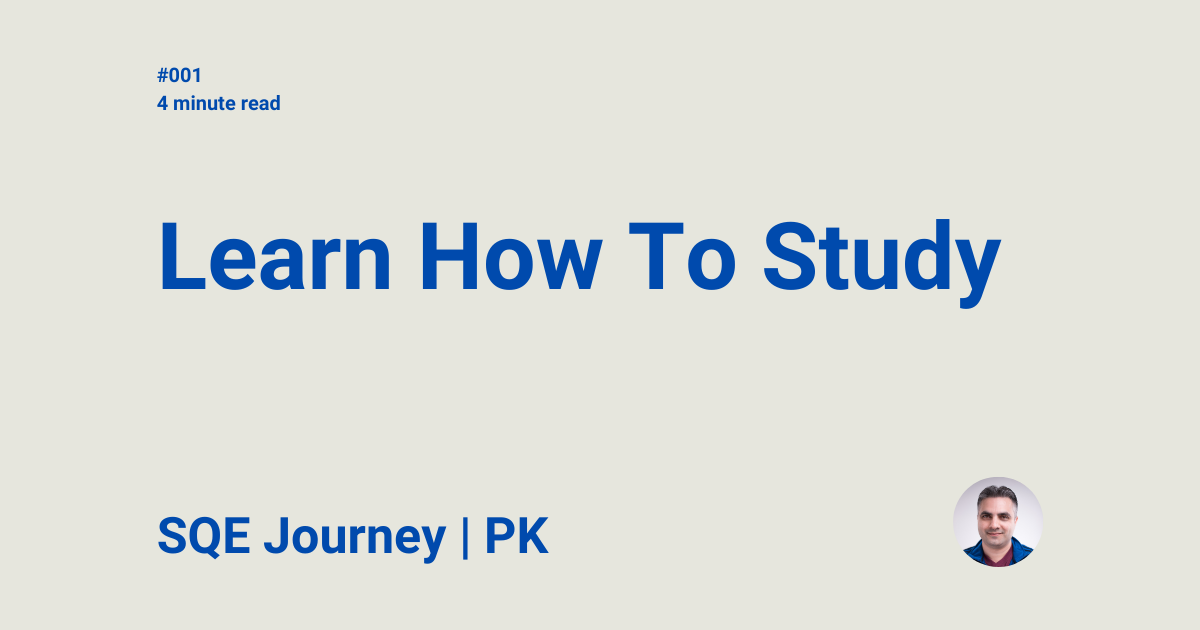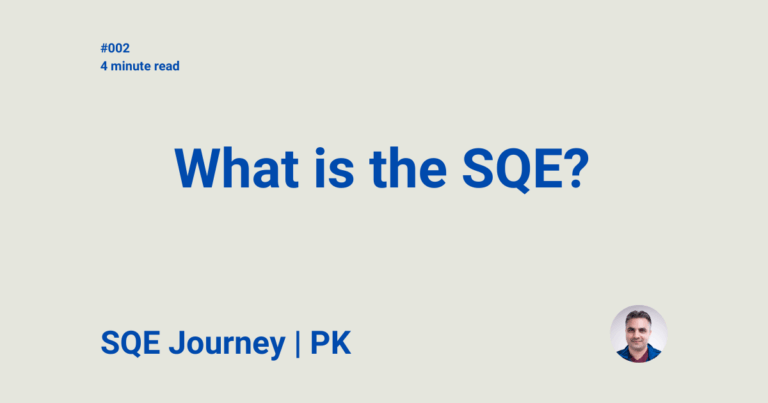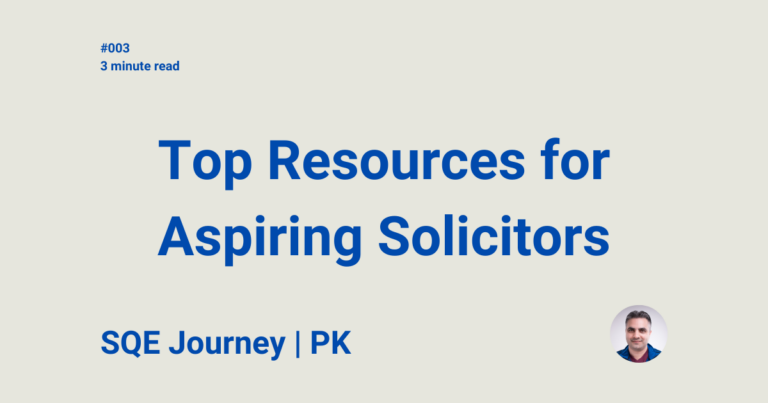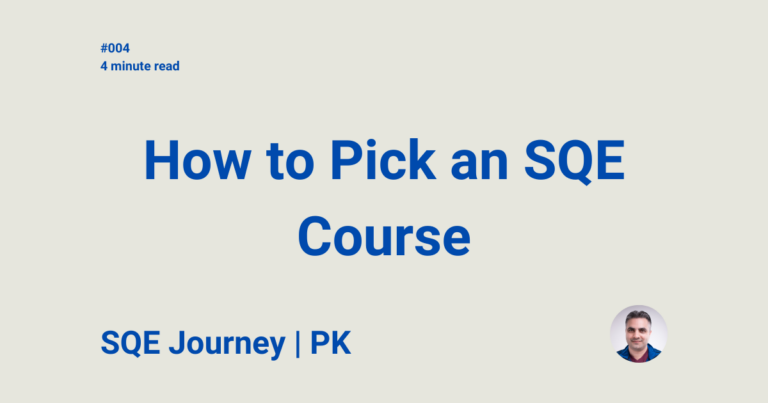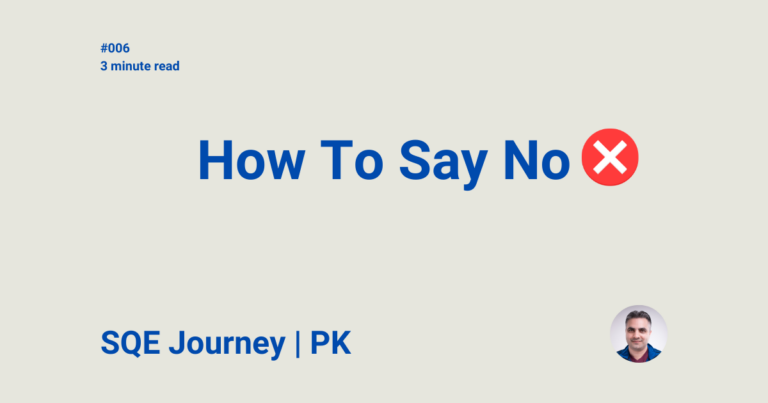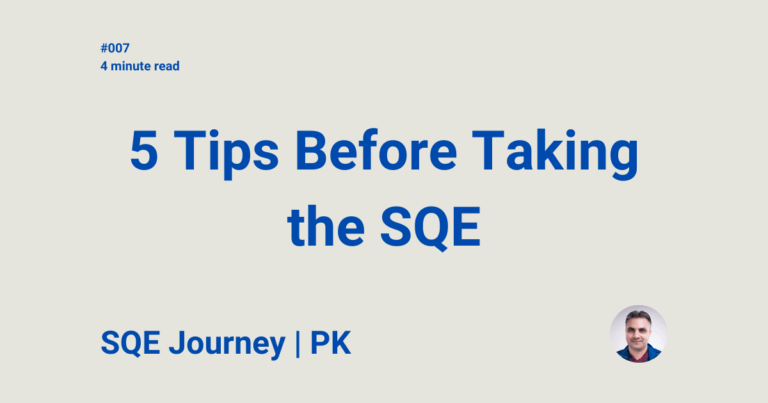Learn How To Study
If you struggle to find time to study for the SQE exam, you’re not alone.
Many aspiring solicitors struggle to find time to study at some point. The volume of material tested on the SQE is extensive. I sometimes struggle to find the time and energy to study.
The fact is, finding time to study is hard. We all lead busy lives: working a full-time job, caring for family members, traveling to and from the city center, being a parent, and so many other things that need our attention on a daily basis.
Even when we find time to study, we may not be in the right mental state.
In hopes of learning how to use my (limited) time effectively, I recently picked up a book called Learn How To Study, A Realistic Approach by Derek Rowntree. I first read this book when I started my undergraduate degree.
In this first issue of the SQE journey, I introduce my five favorite parts of the book Learn How to Study: A Realistic Approach.
1. What do you mean by learning?
As aspiring solicitors, we may aim for perfection. However, we need to remember that the end goal is to pass the SQE and then go on to become solicitors.
Derek talks about going from a simple view of learning to more and more complex ones. Learning:
- As memorizing
- As understanding
- For application
- For personal development
Understanding is paramount
Some facts can be memorized for the SQE exam. For example, directions in the small claims track normally include documents to be exchanged 14 days before the hearing.
However, I believe the SQE is more about concepts, principles, approaches, and theories that must be understood.
2. Understand your situation
We all have multiple commitments and constraints. Every individual is different.
“Being able to stand back and look at one’s situation, as if with the eyes of an outsider, is an ability well worth acquiring.”
No, this is not a signal to overanalyze. Consider the following three aspects:
- Social climate: the relationship between you and your peers, tutors, and co-workers, all of whom support you in your SQE journey.
- Learning climate: The social climate is the background to the learning climate, which includes your workload and ability to learn independently.
- Assessment climate: Understand how the SQE exam is assessed and what’s tested (more on this topic in the future).
3. Reading alone isn’t enough.
Studying for the SQE means reading large volumes, which can quickly become overwhelming. Derek introduces a flexible strategy for reading called SQ3R:
- Survey: get a general idea of the material by carrying out a quick preview or survey
- Question: while doing the survey, ask yourself questions that you might expect to find answers to if you read the text more carefully
- Read the text carefully
- Recall: when you have finished reading the text, try to recall the main points
- Review: check how well you’ve recalled by going back to review the text
4. Making notes
As students, we often default to taking notes. However, let’s dig deeper: Why do we take notes?
What are the first three things that come to mind?
Derek’s says we take notes to:
- Help understanding
- Serve as a quick reference/ key ideas
- Focus on a particular area
I suggest not writing notes for the sake of writing notes. Do not transfer notes from a textbook into your handwriting. You are effectively copying without understanding.
If you do make notes, below are three ways:
- Straight prose summary
- Skeleton outline
- Mind maps
5. Practice, practice questions
SQE 1 is a best-answer format, which requires concentration. One word could throw you off the best answer and, therefore, prevent you from getting the answer correct.
Practice timing the questions. Time will fly by on exam day, and you need to pace yourself so that you can spend your time efficiently.
Read the question carefully to understand what the question is asking.
After taking the practice question, spend some time reading the explanation. Understand why you got the question right or wrong. Learn to identify the nuances between the answer choices.
In Closing
When I first read Derek’s book Learn How to Study, A Practical Approach, I found it extremely useful. This past week, I reviewed some of the book’s key topics.
If you found this issue helpful, I suggest you read the book, as this issue is not intended to be a comprehensive review. Derek shares so much more information in his book.
Revise with others
A recurring theme in the book is collaborating with other students in some form of “self-help” study group.
I’ve taken this to heart as both a professor & student.
I often encourage my paralegal students to form small groups to study and work together. When the small groups work towards the same goal, I’ve seen excellent results.
On a slight downside, things may go sideways if one person doesn’t contribute. Therefore, finding the right study group is essential.
As a student, I remember one example: we formed a small study group during our securities law class. The subject was very dry, and the professor (with all due respect) was about to retire.
I remember the day of the exam, four of us were sitting outside the exam room—a revision lunch, if you will. We were four friends, sitting across from each other. One pair asked questions, and the other pair answered. There was no overthinking, no fancy strategies.
When the results were released, the four of us received some of the highest percentages in the entire class.
Invitation
If you are studying for the SQE 1 exam and planning to sit it in July 2025 and are serious about forming a small study group, feel free to contact me or DM me on LinkedIn. I’d love to start something early next year. We can meet (digitally) on a regular basis to support each other.
If you are interested in reading Learn How To Study, A Realistic Approach by Derek Rowntree, you can check it out here.
